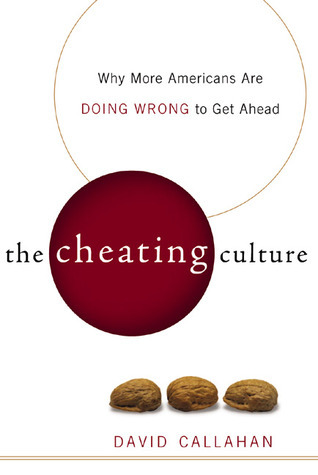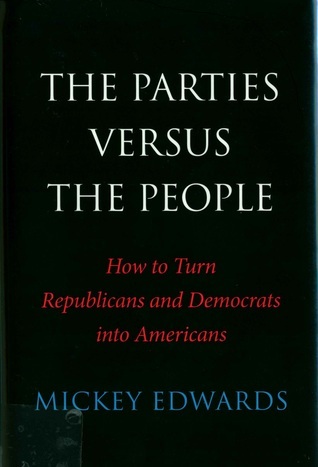
Who Will Tell the People: The Betrayal of American Democracy
Book Description
What happens when the very fabric of democracy unravels? William Greider's 'Who Will Tell the People: The Betrayal of American Democracy' uncovers the shocking fractures in America's political landscape, revealing the hidden forces that distort power and silence the people's voice. With every page, the stakes rise as Greider exposes the intricate dance between corporate interests and governmental betrayal, laying bare the disillusionment felt by millions. Will the citizens reclaim their agency and reshape their future, or will apathy allow the system to remain broken? Discover the truth that demands to be heard. Who will rise to the challenge?
Quick Book Summary
"Who Will Tell the People: The Betrayal of American Democracy" by William Greider is a powerful exposé of the systemic failures undermining democracy in the United States. Greider reveals how political institutions, instead of serving the public, are often swayed by wealthy elites and corporate interests. He describes the mechanisms through which power is distorted—campaign financing, lobbying, and regulatory capture—and the resulting disillusionment among citizens. Rather than blaming one party, Greider indicts the entire system for marginalizing ordinary voices and perpetuating inequality. The book urges the public to demand transparency, accountability, and real reform. Through investigative reporting and compelling storytelling, Greider asks whether Americans will reclaim their democracy, or let apathy and cynicism consolidate the status quo.
Summary of Key Ideas
Table of Contents
Corporate Influence and Political Capture
William Greider’s book opens with a sweeping analysis of how America’s promise of democracy has been incrementally undermined by a deeply entrenched alliance between government and corporate power. He illustrates how both major political parties have become increasingly dependent on corporate funding and influence, with campaign finance systems that prioritize the interests of a wealthy minority. This distortion of democratic representation means policy often caters to those with money and influence, shutting out ordinary citizens and fostering a pervasive sense of disillusionment.
Disenfranchisement of Ordinary Citizens
The author meticulously examines how this imbalance of power creates mechanisms for betrayal, including lobbying, backroom deals, and the manipulation of regulatory agencies designed to serve public interests. Essential government functions are, in many instances, subverted to promote business agendas, leading to regulations and policies that favor profit over public good. Greider supports his claims with vivid anecdotes and investigative reports that illuminate the ways in which the machinery of government is repurposed to serve insiders.
The Erosion of Civic Engagement
As these practices persist, Greider notes a troubling decline in civic participation and engagement among Americans. The sense of powerlessness grows as citizens perceive their voices to be ignored, and meaningful change to be out of reach. This withdrawal fuels a vicious cycle of voter apathy and cynicism, further weakening the mechanisms through which the public can hold their leaders accountable. Greider argues that the public’s retreat from the democratic process is both a symptom and a driver of democracy’s erosion.
Mechanisms of Political Betrayal
Despite painting a picture of a system in disrepair, Greider stresses the importance of not succumbing to fatalism. He highlights moments when grassroots activism and engaged citizens have reshaped the political landscape against considerable odds. Through stories of people who have challenged the status quo, Greider demonstrates the enduring potential for public action, emphasizing the need for new forms of leadership, institution-building, and renewed civic commitment.
The Possibility for Democratic Renewal
Ultimately, Greider issues a call to action for Americans to reclaim their democracy by insisting upon transparency, accountability, and systemic reform. He reminds readers that passivity allows entrenched interests to maintain their dominance, while collective action could reinvigorate the democratic promise. "Who Will Tell the People" serves as both a warning and an encouragement, urging individuals and communities to rise to the challenge of democratic renewal before it is too late.
Download This Summary
Get a free PDF of this summary instantly — no email required.





